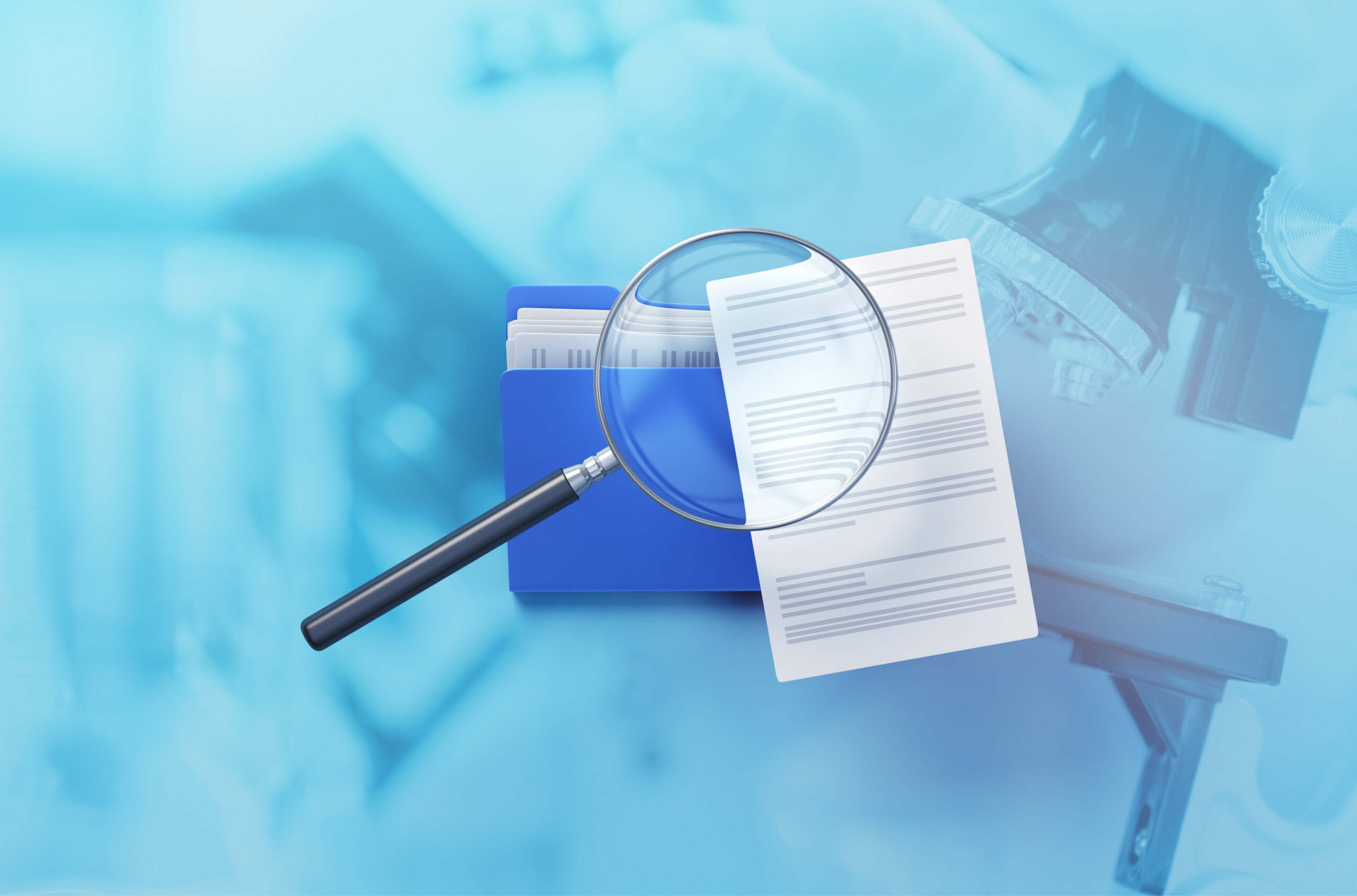Research is an addiction – but help is available
Recognizing the symptoms is the first step in treating the problem.

The first time I collected data was exciting. It was hard work, but it was one tiny step forward in scientific knowledge. However, after several years of studying the neuroscience of addiction, I have come to realize that research – the pursuit of data and its related products, the published paper and grant – is often so compulsive that it seems awfully similar to the addictions that I was trying to model in the lab.
Like drug addiction, data addiction is a chronic relapsing disorder characterized by compulsive data-seeking that persists despite adverse consequences. It may involve tolerance, where more data is required to achieve the desired mood, or cravings and withdrawals if data has not been acquired for an extended period of time.
A research career is often not just a job, but an all-consuming lifestyle. Consider the case of Maura Gillison, one of the talented scientists who discovered that human papillomavirus causes cervical cancer. At one point, she reportedly worked for 18 months without taking a day off. In my own field, working every day for a few months at a time is normal since rats don’t take vacations. But the continuous and prolonged grind can easily lead to stress, burnout and social isolation.
And, as their career progresses, the researcher begins to build tolerance. At first, simply being an author on a paper is thrilling; during graduate school, publishing once every year or two is exciting. But once a postdoc, the thrill is diminished, and papers need to be more numerous or in more prestigious journals to be satisfying. For principal investigators, the appetite for data can no longer be satisfied simply by collecting data themselves. Instead, they seek ever bigger grants to ensure that they are constantly supplied with data from their students, staff and a growing network of collaborators.
But, in research, things often don’t go well for extended periods of time. It is during these times that withdrawal symptoms can set in. The researcher may become anxious and agitated about when they will be getting data for their next big paper or grant. They might be aware that there is a big world out there with numerous jobs for intelligent people, but their hunger for data drives them back to the lab or the field, and away from opportunities that could lead to higher pay, more reasonable working hours or better conditions. Researchers can experience data cravings so powerful that even after breaking from a traumatic PhD experience, they will return to research (i.e., relapse) even if it means starting a new PhD elsewhere.
Many researchers are satisfied with their jobs, but a significant proportion are working under highly stressful conditions. Just as most people who drink alcohol do not have an alcohol addiction, an individual researcher does not necessarily have a data addiction. But knowing that data can be addictive can help us to identify when our own research habits are becoming maladaptive or harmful.
Researchers can try to ensure that they maintain relationships with friends and family who aren’t in academia. Studies have shown that social isolation, as well as the wrong kind of social networks, can promote drug use. So, it seems likely the best approach is for researchers to ensure that they maintain non-academic social connections to ensure that they can get a reality check from people who aren’t also at risk of data addiction.
Some self-awareness of symptoms also appears to help people with addiction to seek treatment. Researchers should therefore try to be aware of how their data-seeking impacts their mood. For example, if time away from the lab or the field causes excessive anxiety or guilt over work not done, then this may be a sign that it is time to find help.
Fortunately, help is available from friends, family, peers, mentors, career counsellors and mental health professionals. For addiction therapists, a “successful” treatment could be defined as complete abstinence or a reduction in substance use to non-harmful levels. Similarly, it is up to the researcher, in consultation with their confidants and counsellors, to decide whether to follow a new career path or whether work-life balance within research is possible.
Data addiction is a harmful disorder that can leave researchers stressed, anxious and socially isolated. But it doesn’t have to be this way. By recognizing the symptoms, we can help ourselves and our colleagues to get informal or professional help to ensure that they can have a career that is fulfilling but not all-consuming.
Shaun Khoo is a postdoctoral fellow in the department of pharmacology and physiology at Université de Montréal.
Featured Jobs
- Veterinary Medicine - Faculty Position (Large Animal Internal Medicine) University of Saskatchewan
- Psychology - Assistant Professor (Speech-Language Pathology)University of Victoria
- Education - (2) Assistant or Associate Professors, Teaching Scholars (Educational Leadership)Western University
- Canada Excellence Research Chair in Computational Social Science, AI, and Democracy (Associate or Full Professor)McGill University
- Business – Lecturer or Assistant Professor, 2-year term (Strategic Management) McMaster University















Post a comment
University Affairs moderates all comments according to the following guidelines. If approved, comments generally appear within one business day. We may republish particularly insightful remarks in our print edition or elsewhere.
7 Comments
The author does not mention that this “addiction” is a symptom of the neoliberal ideology on which post-secondary institutions thrive and under which regime we as researchers are trained.
Having just had my 100th journal article accepted for publication I truly appreciate the issues presented in this article but given that nearly 70,000 Canadians a year die from addiction related issues due to psychoactive drug use perhaps a different metaphor is in order.
Dr. Maura Gillison elucidated the association between the HPV virus and oropharyngeal cancer, not cervical cancer. She has a healthy home life with family weekends, and more. That she is scary smart, consistently a thought leader in her area of endeavors, and one of the most prolific of the head and neck cancer researchers, publishes regularly in the most prestigious of journals, and was recently inducted into the National Academy of Sciences ( a nomination that clearly was driven by her many contributions to the world of cancer) does not negate her having a rich life outside of the world of research. Any assumption that to excel at a high level in research means that you have a data addiction is nonsense. Perhaps she just approaches problems from an obtuse perspective and therefore develops questions and research answers that others have overlooked. Many researchers lead balanced lives and still excel beyond others. Perhaps it is the nature of how they think, question, and solve problems that separates them and not “data addiction.”
My apologies for mis-citing Dr Gillison’s contribution. I had read about her in a Nature news article (https://doi.org/10.1038/503330a) which reports that she worked 18 months without taking a day off. My only intention in mentioning her story was to illustrate the dedication that many scientists have and she is a great example of someone working extremely hard doing life-saving research. These kinds of hours can easily lead to stress and burnout, but whether it happens or not depends on the individual and their circumstances.
I asked Gillison about the long period of time with no days off. She said it’s called grad school….
Thanks for this. I think there is a lot that is valuable here and much that could be discussed further (alongside but distinctive from, the urgent issue of poor working conditions). While I agree the issue is not in the same league as life threatening drug addictions, and that the term addiction should not be used lightly, I think it is still a valuable way of seeing the issue, as it might also be for problematic gambling behaviours.
I’m a historical researcher and have recognised that the research I do is addictive. For me it’s not an addiction to the data itself but to finding the data. The harder it is to find the bigger the pay off when I do! I have no need to publish anything and it is not an ego thing at all. I do however like records to be corrected if wrong or added to if complete. I don’t care if I am not acknowledged for this, just that the data and our knowledge is added to.
When I was doing my own personal research it was actively harmful as I was neglecting other areas of my life. Now I do it as part of my job it is less so as there is an end to my day. Often though. I end up working late as I am on the trail of something! I also have got into the habit of doing my other work first as once I have started I find it difficult to stop.